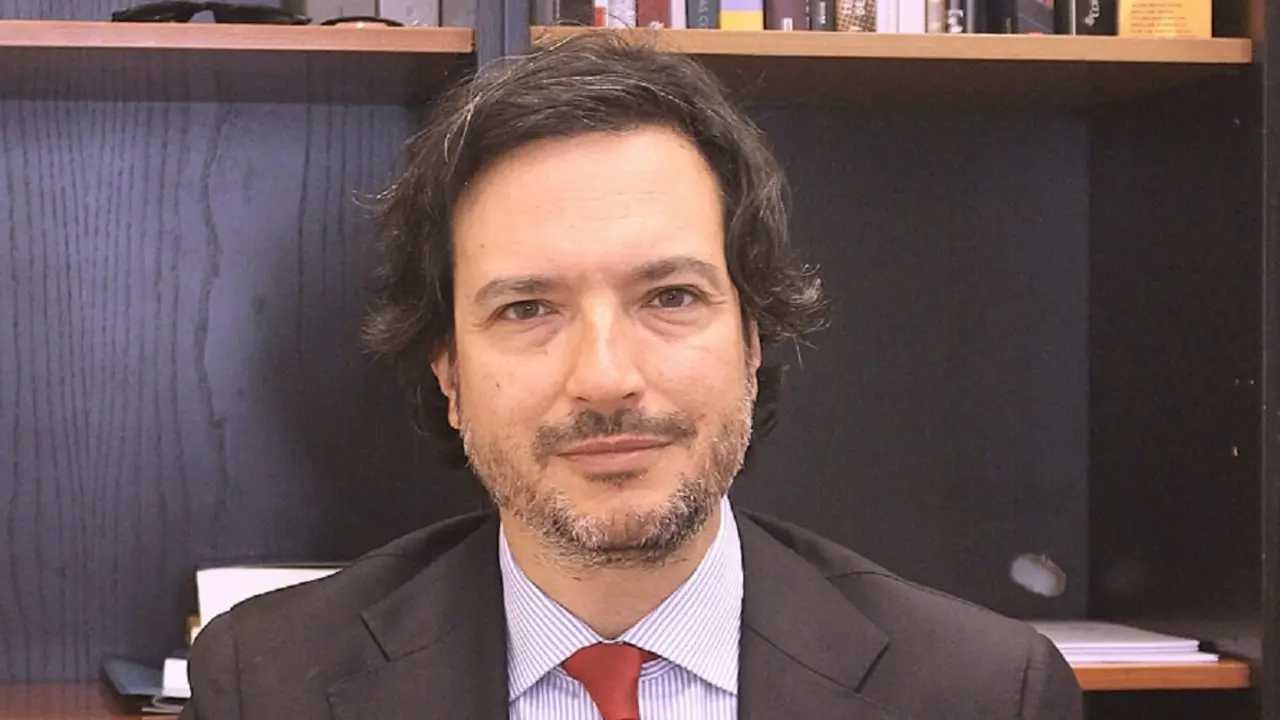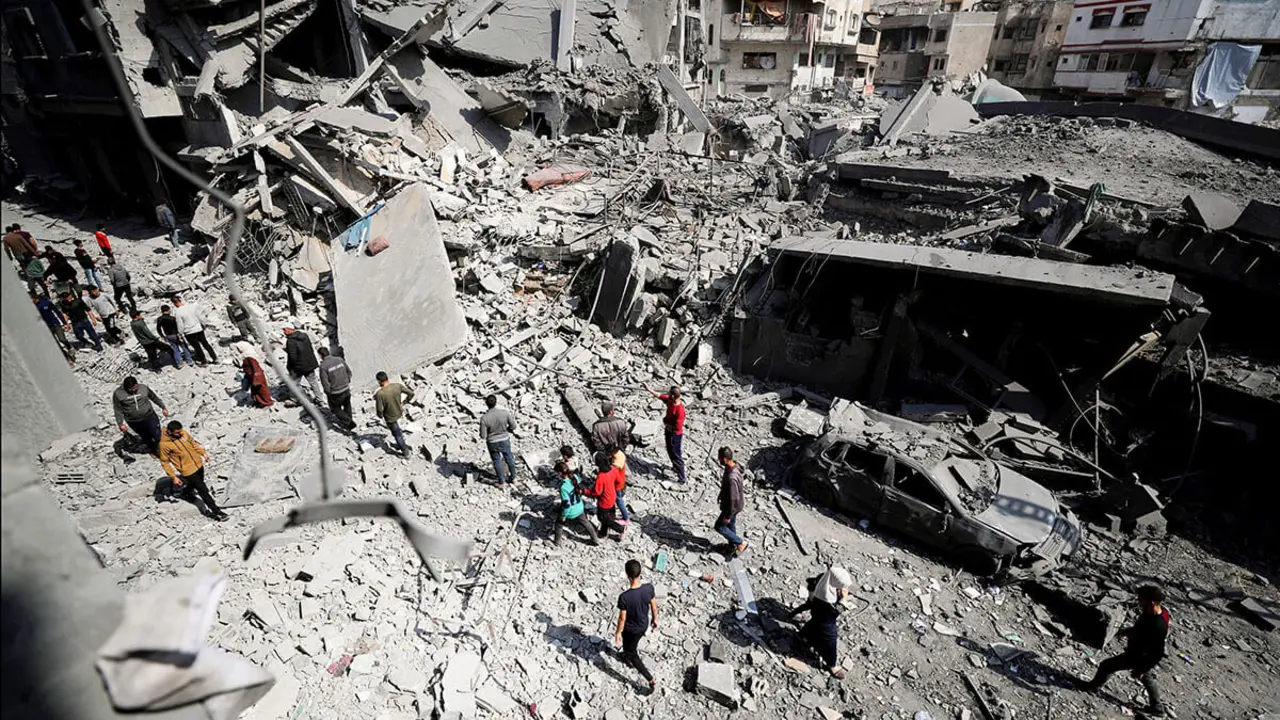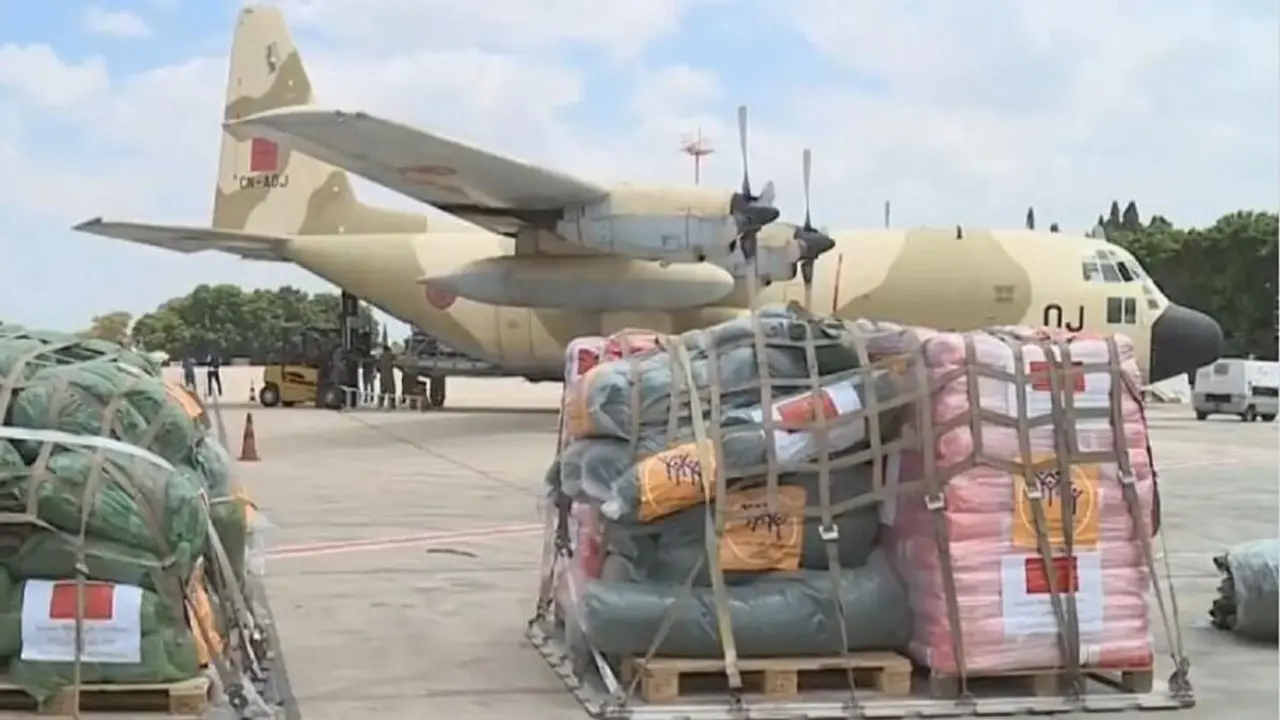Violence, insecurity and climate change: three factors driving up displacement numbers in 2021

The UN agency's study, for the period January to June, indicates that the rise from 82.4 million at the end of 2020 is largely due to internal displacement, with an increase in the number of people fleeing multiple active conflicts around the world, especially in Africa.
It also highlights that border restrictions enforced by the COVID-19 pandemic continue to limit access to asylum in many places.
The UN High Commissioner for Refugees highlighted the continuing failure of the international community "to prevent the violence, persecution and human rights violations that continue to drive people from their homes".
In addition to this factor, Filippo Grandi added another cause, stating that "the effects of climate change are exacerbating existing vulnerabilities in many areas hosting forcibly displaced people".
For the UN agency, the term forcibly displaced encompasses refugees, asylum seekers, internally displaced persons and Venezuelans displaced abroad. It includes refugees and other displaced persons not covered by UNHCR's mandate and excludes other categories such as returnees and non-displaced stateless persons.

Following an upsurge in conflict and violence around the world in the first half of 2021, internal displacement now affects some 51 million people.
Much of the new internal displacement occurred in Africa, led by more than 1.3 million in the Democratic Republic of Congo and 1.2 million in Ethiopia. Violence also forced hundreds of thousands of people to flee their homes in Afghanistan, Myanmar, and the Central African Republic, among other nations.

The number of refugees under the UN agency's mandate also increased in the first half of the year to almost 21 million, 172,000 more than at the end of 2020.
At the end of June, the majority of new refugees came from five countries: the Central African Republic (71,800), South Sudan (61,700) Syria (38,800), Afghanistan (25,200) and Nigeria (20,300). In the same period, there were 92,100 newly displaced Venezuelans in Latin America and the Caribbean.
More than a quarter of all displaced persons came from Syria (27%), which continues to represent the world's largest refugee population with almost 6.8 million refugees hosted in 129 countries, more than half of them in Turkey (3.7 million).
Venezuelans with 186,800 refugees and another 3.9 million nationals displaced abroad are the second largest group of people mobilised across borders.
As in recent years, ten countries host more than half of the people displaced across borders. By mid-2021, Turkey hosted some 3.7 million Syrians, Colombia 1.7 million Venezuelans, Uganda 923,500 South Sudanese and 429,500 Congolese refugees, Pakistan more than 1.4 million Afghans and Germany granted asylum to 1.2 million refugees, including 616,300 Syrians, 152,700 Afghans and 147,400 Iraqis.
The total number of asylum seekers reached 4.4 million, up from 4.1 million at the end of 2020.

A lethal combination of elements such as conflict, COVID-19, poverty, food insecurity and climate emergency has exacerbated the humanitarian situation of the displaced, most of whom are hosted in developing regions.
The UN agency describes solutions for forcibly displaced people as "meagre", with less than one million IDPs and only 126,700 refugees able to return home during the first six months of 2021.
"The international community must redouble its efforts to achieve peace and, at the same time, must ensure that resources are available for displaced communities and their hosts. It is the communities and countries with the least resources that continue to bear the greatest burden in protecting and caring for the forcibly displaced, and they must be better supported by the rest of the international community," Grandi added.








